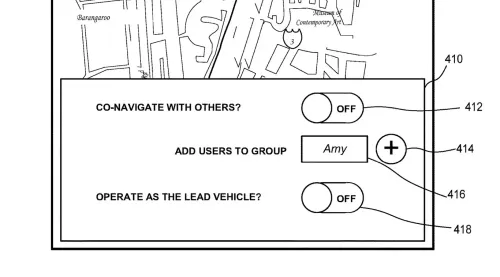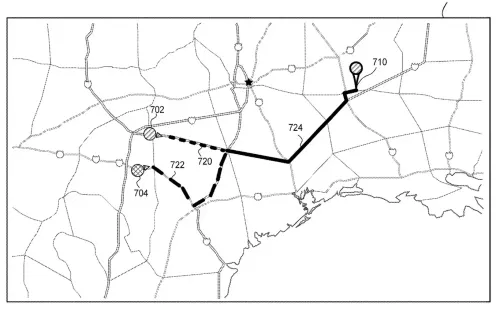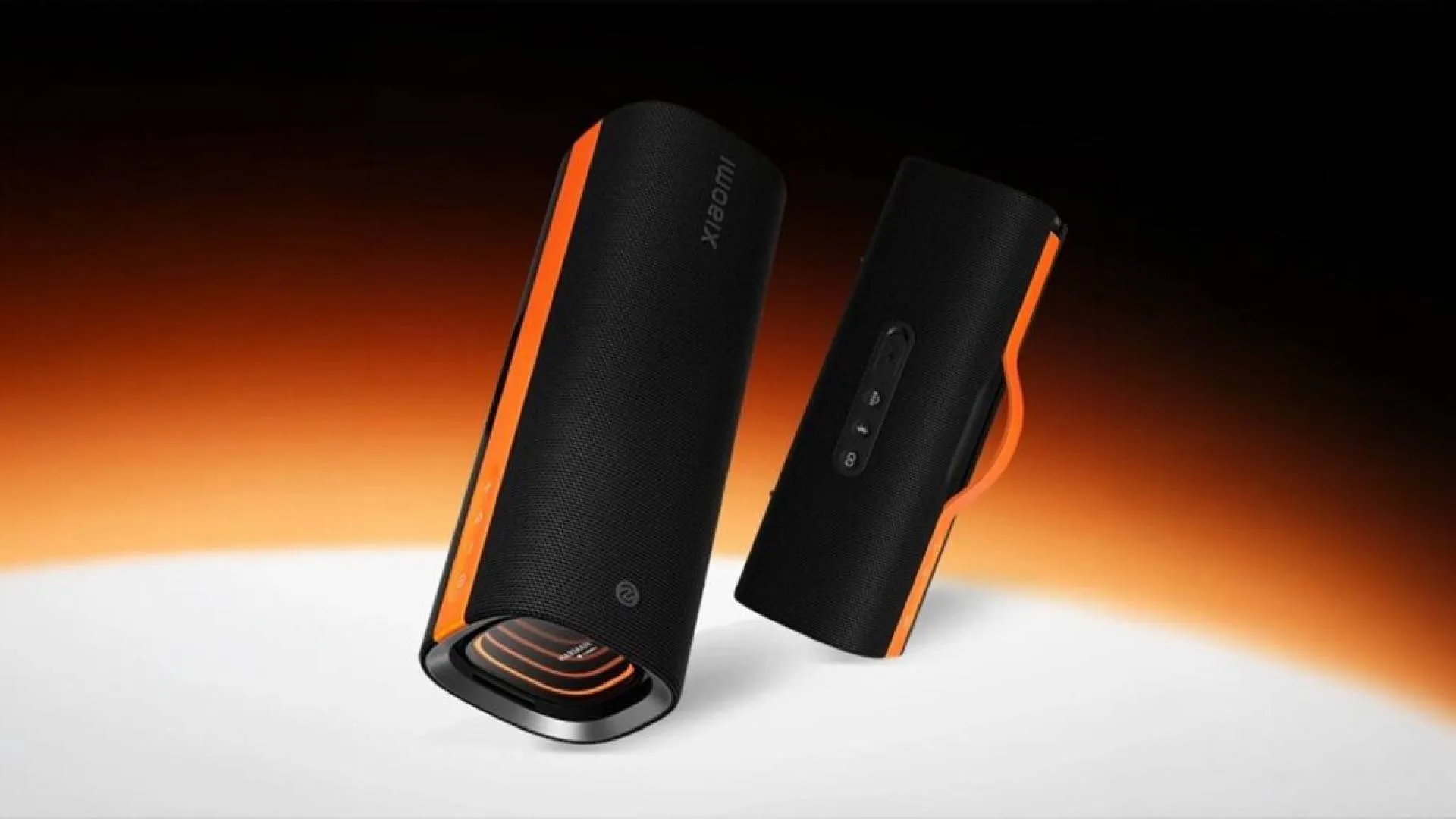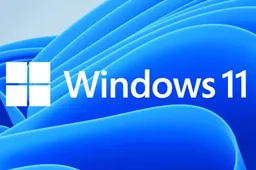
For frequent navigators, the rivalry between Google Maps and Waze is a familiar one. Though both applications are owned by Google and offer core route guidance functionalities, they cater to distinct user preferences. Waze thrives on real-time user-generated data, providing up-to-the-minute traffic updates and road hazard reports. Google Maps, on the other hand, excels in detailed cartography and server-powered features. However, Waze has held a clear advantage in one crucial aspect: group navigation.
Group Travel: Google Maps Patent Hints at Collaborative Navigation
This competitive edge might soon be a thing of the past. A recently discovered patent suggests that Google Maps is poised to introduce a revolutionary group navigation feature, potentially bridging the gap between the two applications.
Understanding the Current Landscape: The Disparity in Group Navigation

When embarking on a group trip with multiple vehicles, planning and coordination become paramount. Traditional methods often involve manually plotting individual routes and painstakingly synchronizing arrival times at designated stopovers. While Google Maps currently allows users to share their location in real-time, it lacks a comprehensive solution for collaborative route planning and dynamic journey management.
A Patent Unveils a Collaborative Future: Google Maps Embraces Group Navigation
The aforementioned patent, filed by Google in June 2024, outlines a system that leverages Google's robust artificial intelligence (AI) capabilities to streamline group navigation within Google Maps. Here's a breakdown of the potential functionalities:
- Automated Route Planning: Imagine organizing a road trip with friends. Google Maps, upon detecting a shared destination amongst multiple users, could automatically suggest a group route optimized for travel efficiency. Users would retain the option to accept or decline this proposition.
- Real-Time Coordination and Route Optimization: Once a group is established, Google Maps would assume the role of a virtual travel coordinator. The system would dynamically adjust the route in real-time based on individual user progress, eliminating the need for manual recalculations. This could be particularly beneficial if a group member encounters unexpected delays or detours.
- Synchronized Stops and Traffic Data Sharing: The patent also hints at the possibility of coordinating rest stop locations for the entire group, ensuring everyone arrives at designated points simultaneously. Additionally, real-time traffic data would be readily accessible to all group members, facilitating informed decisions and fostering a collaborative navigation experience.
- Enhanced Communication and Group Visibility: Similar to Waze, Google Maps' group navigation might incorporate a voice chat function, allowing participants to communicate seamlessly during the journey. Moreover, the system would provide a real-time overview of each member's location, estimated arrival time, and chosen route, fostering transparency and eliminating the need for constant communication check-ins.

Beyond Waze's Capabilities: The Power of Google's AI
While Waze currently offers a group navigation feature with location sharing and basic communication tools, Google Maps' potential implementation appears to be a significant leap forward. By leveraging AI-powered route optimization, real-time traffic integration, and dynamic stop coordination, Google Maps aspires to create a more streamlined and collaborative group navigation experience.
The Road Ahead: From Patent to Implementation
It's important to acknowledge that a patent doesn't guarantee immediate implementation. While the functionalities outlined in the patent hold immense promise, the timeline for their integration into Google Maps remains uncertain. However, this development signifies Google's commitment to bridging the gap between Google Maps and Waze. Potentially blurring the lines between the two applications in the realm of group navigation.
The Future of Navigation: User Choice and Evolving Functionality
The potential arrival of group navigation in Google Maps presents an exciting prospect for users who frequently travel in groups. This feature has the potential to streamline trip planning, optimize travel efficiency, and enhance communication during group road trips. As both Google Maps and Waze continue to evolve, user choice will likely be less about brand loyalty and more about the specific functionalities that cater to individual needs and preferences. The future of navigation appears to be one of continuous innovation and user-centric development.
Popular News
Latest News
Loading



